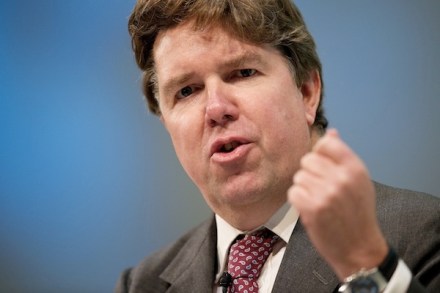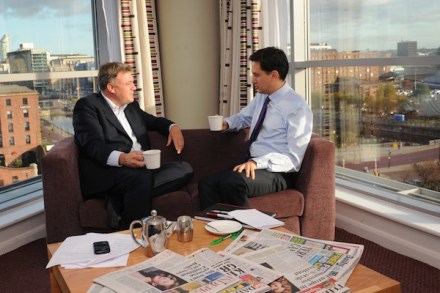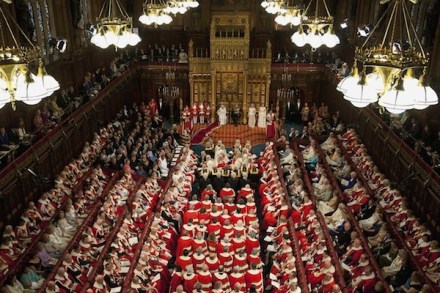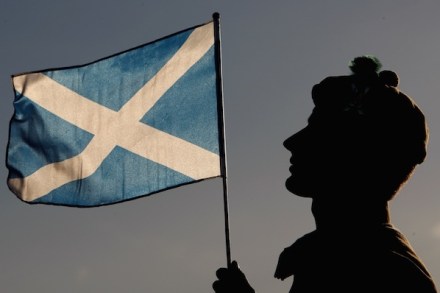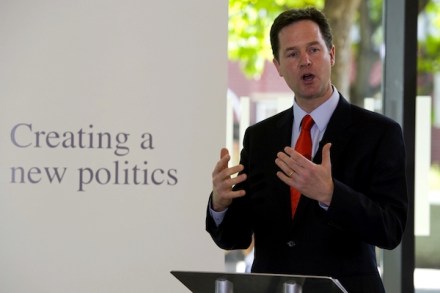Tucker denies Labour leant on Bank over Libor
So Labour ministers did not ‘lean on’ the Bank of England to encourage lowballing of Libor rates, according to Paul Tucker. The Deputy Governor of the Bank told the Treasury Select Committee this afternoon that he had held conversations with officials about how able Barclays was to fund its operations. This is the exchange between Pat McFadden and Mr Tucker. McFadden asked whether any minister had tried to ‘lean on’ him over Libor: ‘Absolutely not.’ Asked whether Shriti Vadera had leant on him: ‘I don’t think that I spoke to Shriti Vadera throughout this whole process.’ Ed Balls? ‘No’ Other ministers? ‘No’ He confirmed that the ‘senior official’ that he
